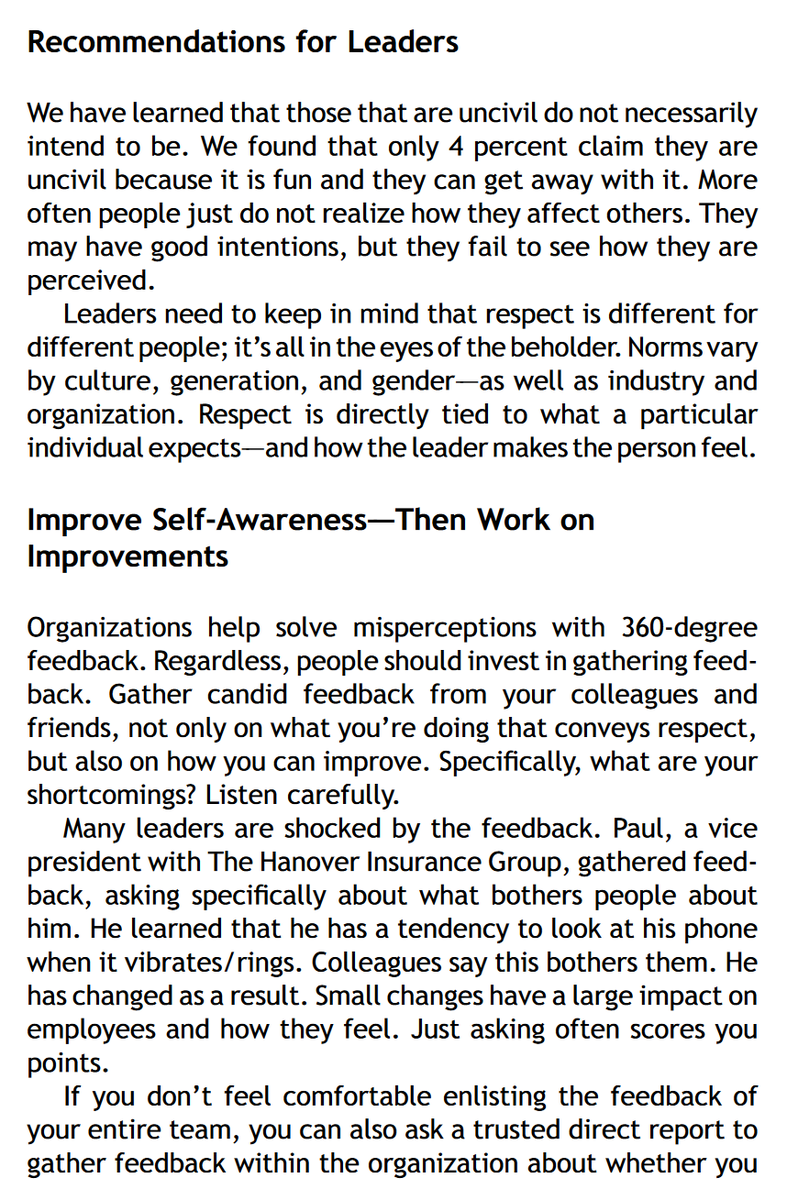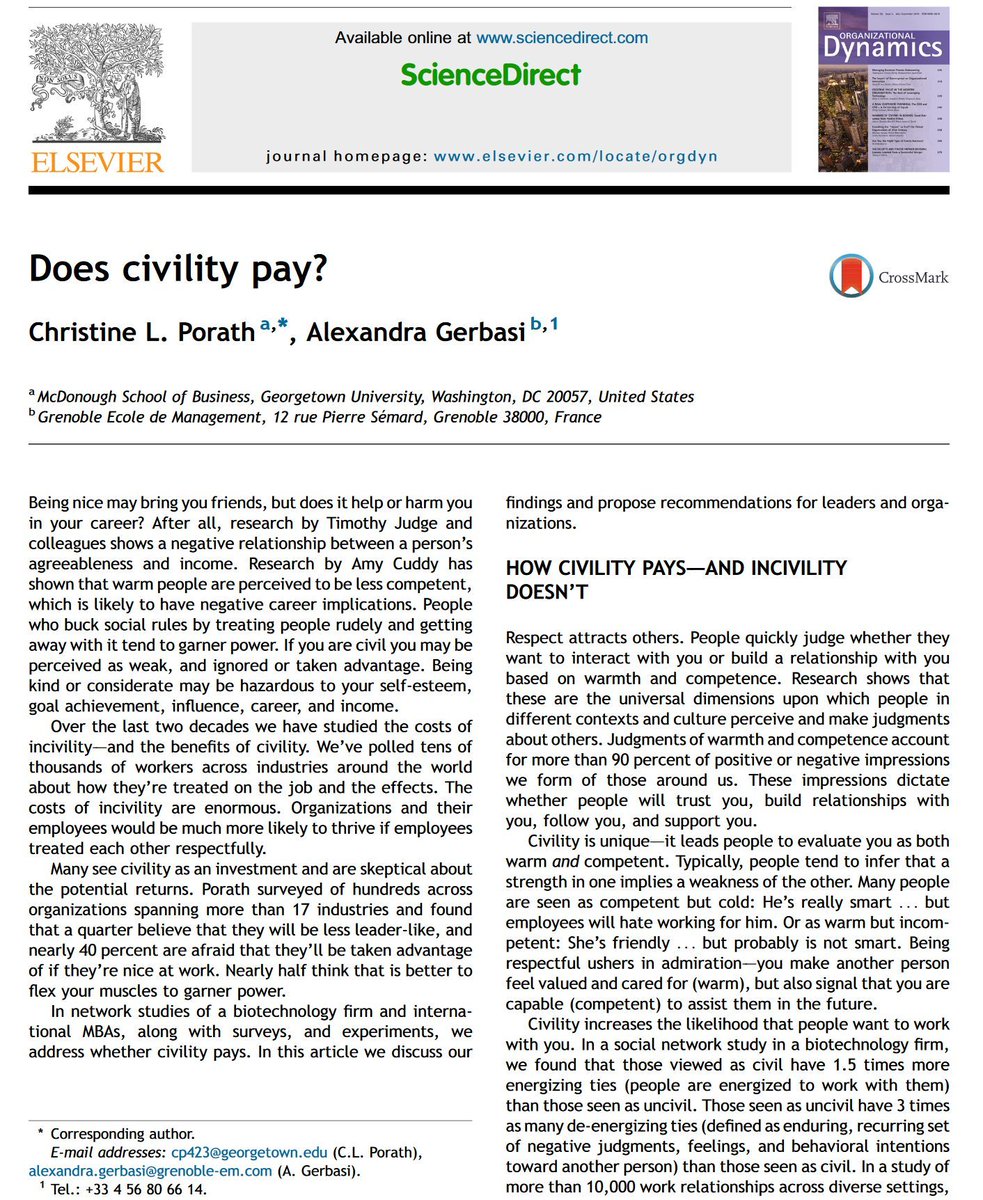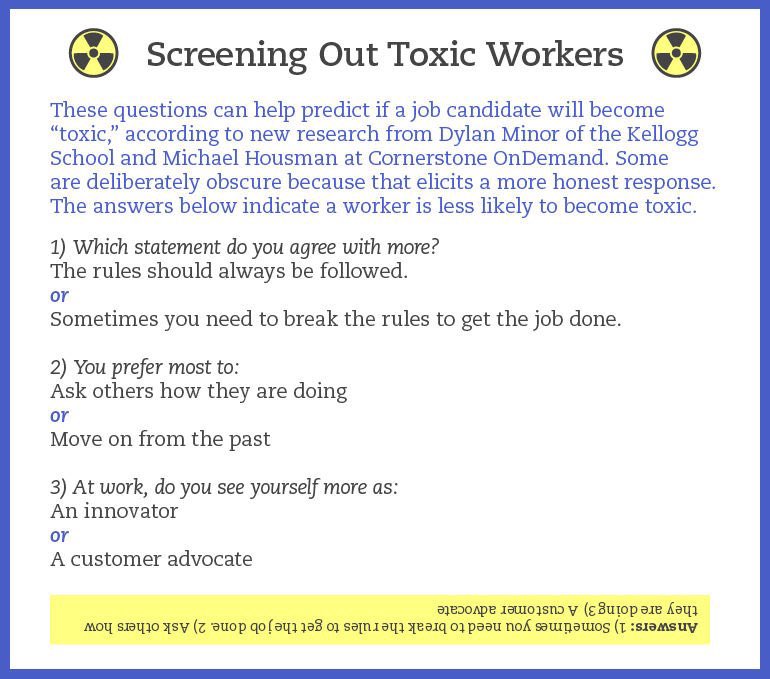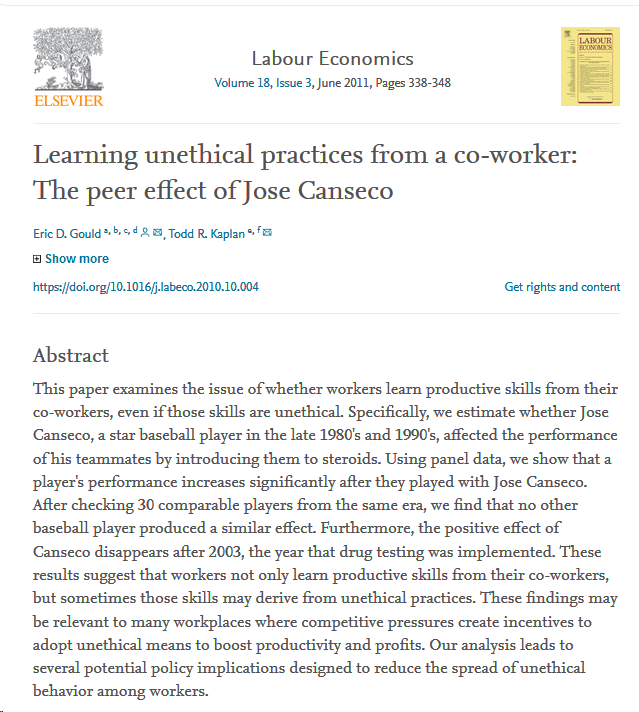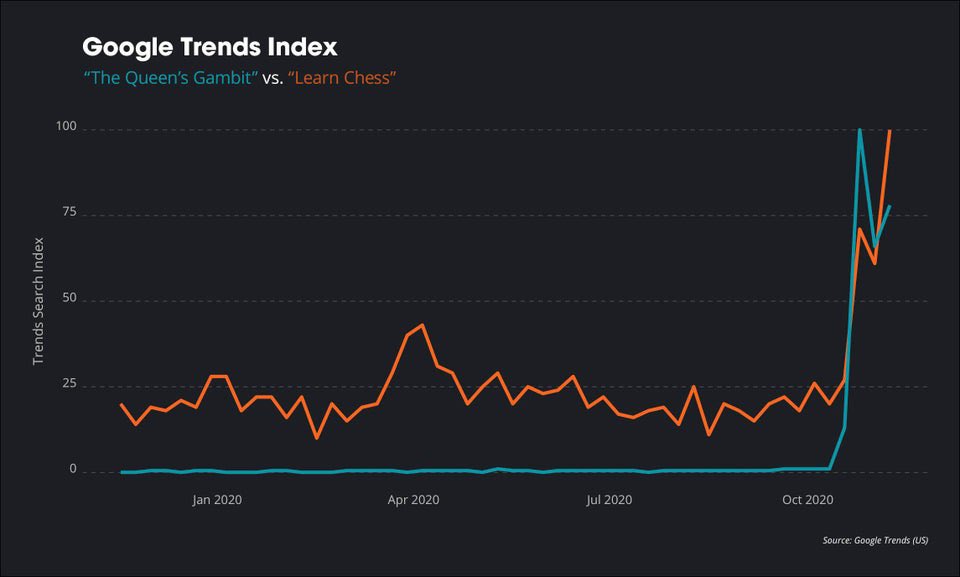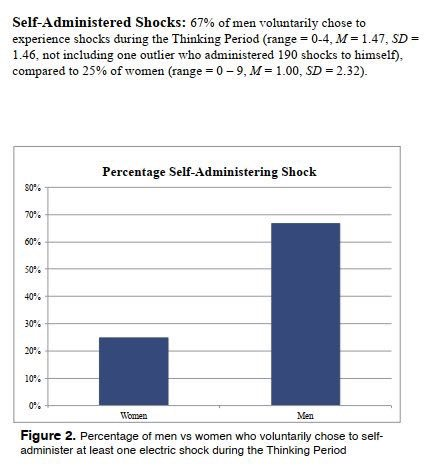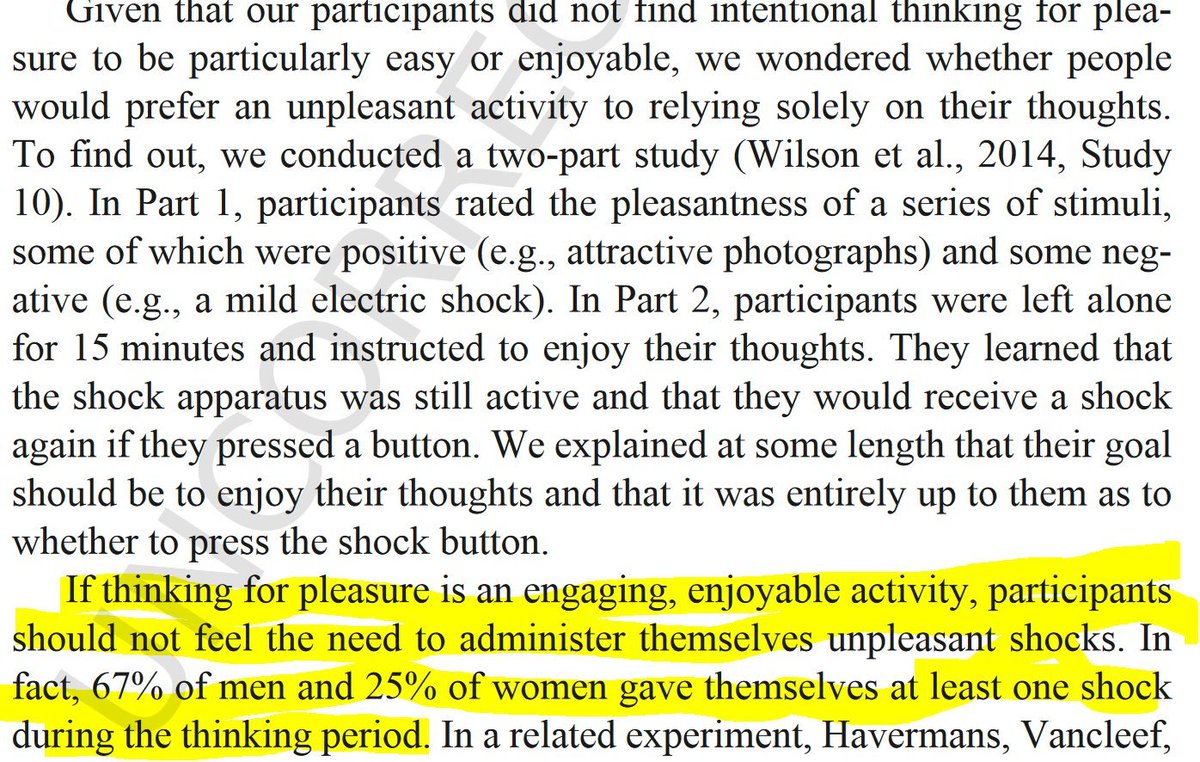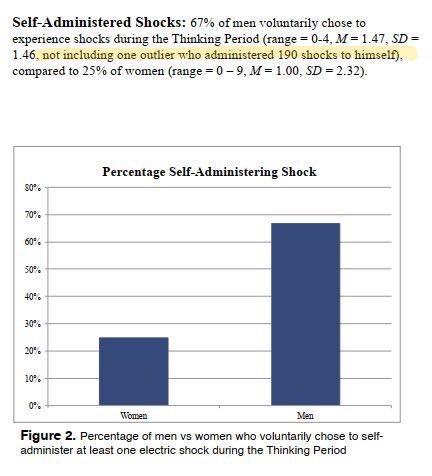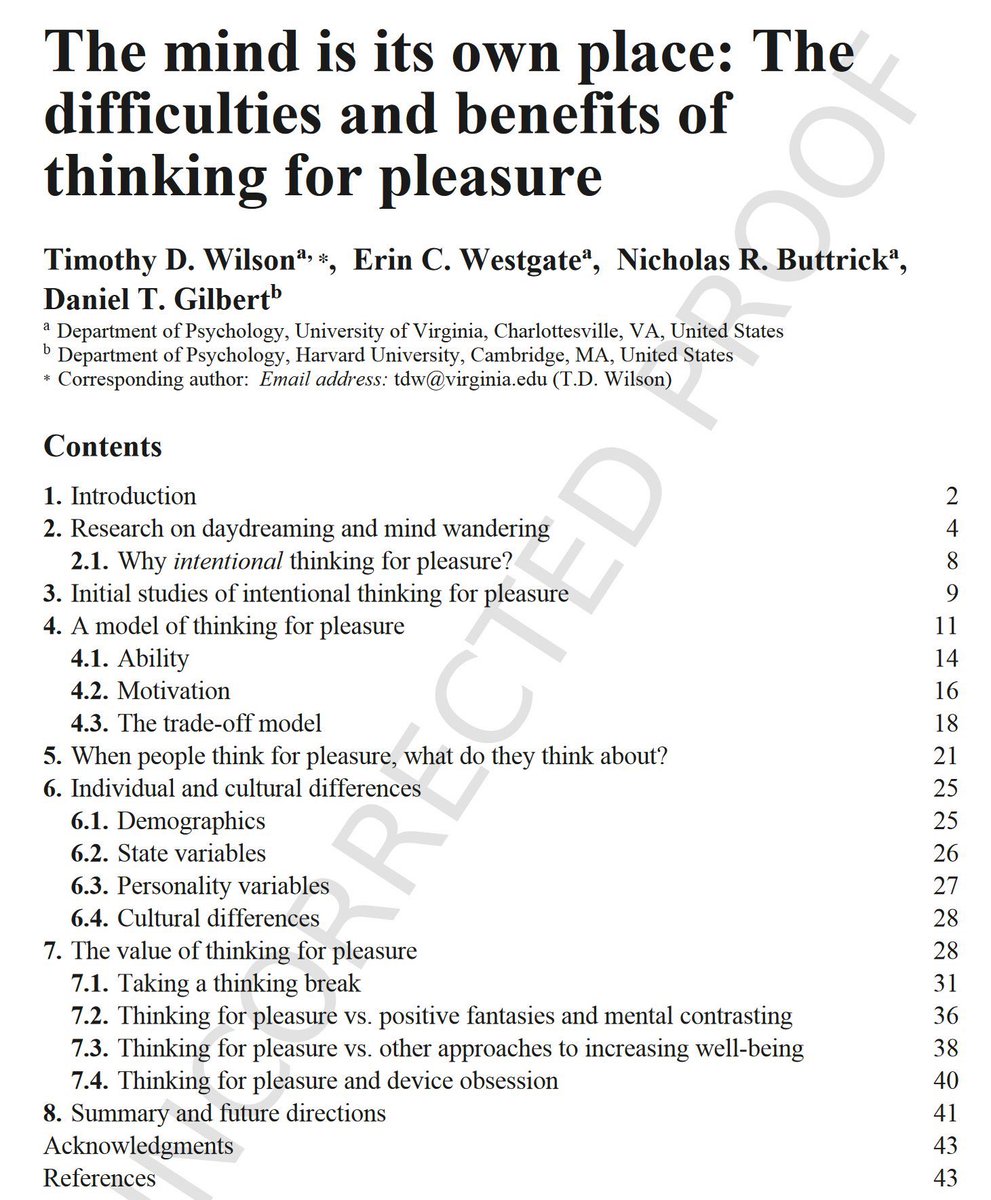
A thread of cool papers showing odd unintended consequences of generally good ideas, starting with the fact that car seats saved lives, but also discouraged families from having more than 2 children, since they couldn't fit more than 2 seats in a car! 1/n
https://twitter.com/emollick/status/1312418549001003010
When smoking bans are implemented in bars and restaurants, smokers drink more instead, leading to 4% more fatal drunk driving accidents in areas where there a lot of smokers. (Though benefits of smoking bans likely outweigh costs) 2/n
https://twitter.com/jenniferdoleac/status/1327974312519852032
Pokemon Go led to far more deaths than Grand Theft Auto. In fact, violent video games (and movies) decrease crime because people stay in to play, rather than going out where there might be issues. 3/n
https://twitter.com/emollick/status/1158476260114345991
The Sicilian Mafia grew out of the attempts to cure scurvy... 4/n
https://twitter.com/emollick/status/1258544417033449472
Being able to shop from your phone is good for brands, but has unintended consequences for their uniqueness. Once-distinctive logos are being eroded to look similar and boring and sans-serif-y so they can be read on small screens. Images from @JoRoan & @OHnoTypeCo 5/n 



• • •
Missing some Tweet in this thread? You can try to
force a refresh

